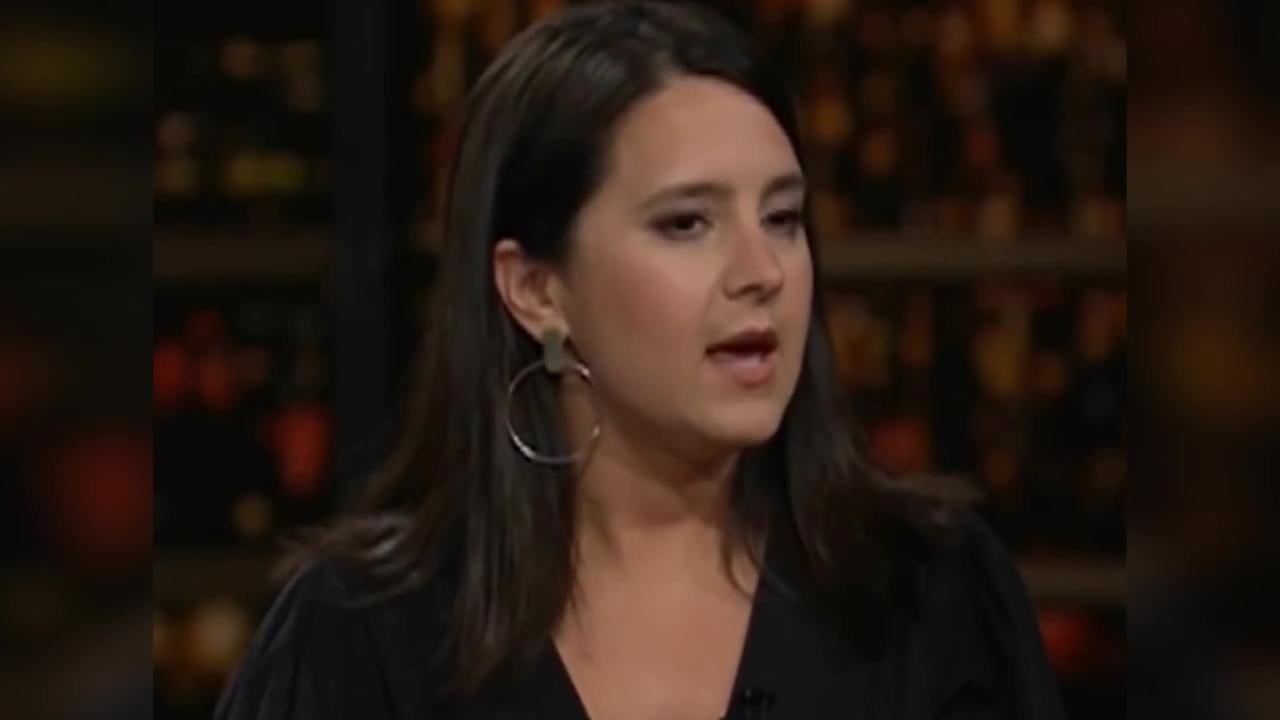The Independent's journalism is supported by our readers. When you purchase through links on our site, we may earn commission.
Bari Weiss’s ‘free speech university’ is backed by all the famous people who believe they’re being silenced
These well-connected headline-grabbers never tire of talking about how they can’t say anything anymore, even while they make headlines and find big financial backers for their expensive new projects


Your support helps us to tell the story
This election is still a dead heat, according to most polls. In a fight with such wafer-thin margins, we need reporters on the ground talking to the people Trump and Harris are courting. Your support allows us to keep sending journalists to the story.
The Independent is trusted by 27 million Americans from across the entire political spectrum every month. Unlike many other quality news outlets, we choose not to lock you out of our reporting and analysis with paywalls. But quality journalism must still be paid for.
Help us keep bring these critical stories to light. Your support makes all the difference.
Former New York Times columnist and avid Substacker Bari Weiss today announced that she is leading the organization of a new University of Austin, dedicated to “the pursuit of truth” (italics hers.) As followers of the ex-journalist will be aware, Weiss believes evil liberals and leftists have infiltrated the university system and are purging brave conservatives like herself. The new university project is her antidote.
Weiss claims she is fighting for free speech and freedom of thought. But she has no trouble broadcasting her views. She has a platform, and she has access to capital to create new institutions and new business opportunities. She is able to speak so loudly, in fact, that she can drown out any mention of marginalized people — like sex workers, prisoners or trans people — who are actually silenced.
The list of names Weiss says are associated with the (so far notional and unaccredited) venture include a who’s-who of self-proclaimed targets of left-wing ire. There’s Andrew Sullivan, famous for promoting debunked racist intelligence studies, and Kathleen Stock, who just resigned from her position at the University of Sussex because of peaceful protests against her views on trans people. Other familiar names include economist Larry Summers and playwright David Mamet.
Those who have been mentioned in association with the university have some differing views and backgrounds, but they all have one thing in common: they are famous and well-connected. All are recognizable media figures. While they complain that they have been silenced, they command headlines. They use their supposed heterodoxy as a brand. When they are criticized, they can turn that criticism into attention, fundraising opportunities, and new high-profile ventures like Substack accounts or universities.
There are many people, though, who don’t get to talk about being silenced in the national press ad nauseum, because they are actually silenced. Sex worker speech, for example, has been the target of national legislation. The FOSTA/SESTA laws regulated online porn and sexual services sites ostensibly in order to curb sex trafficking. In that goal it was a failure. But it was very successful in forcing sex workers offline, where they are much more at risk of violence.
The vast majority of sex workers affected by these laws do not have access to wealthy patrons, national media outlets, or other powerful friends and academics. When they try to use social media to organize, they are banned or erased. They barely managed to organize to prevent OnlyFans from throwing them off the site, even though OnlyFans is a platform that has flourished almost entirely because of sex workers.
Incarcerated people may be an even bleaker example. Most prisoners have only extremely limited access to the public sphere. The ACLU says it often hears “reports of prisons and jails restricting the rights of prisoners to communicate with their family members and the public.”
When prisoners like Waylon Young Bird do get mainstream media coverage, it’s often only after they’ve died — in Bird’s case, of Covid, following months of begging a judge for compassionate release. Reporters who speak to prisoners have to worry that their stories will result in retaliation, according to prisoner advocate Jacquline “Jacq” Williams, who started the website “Silenced: Voices From Solitary in Michigan.”
In universities, too, there are those who face many more barriers to speech than media influencers like Weiss, Sullivan, and Stock. One UK study found that 1 in 7 trans students in university drop out or consider dropping out before the end of their degree — a reflection, surely, of the stigma and discrimination they face from peers, professors, and administration. Graduation rates of students with disabilities lag too, and students report struggling to get colleges to provide them with accommodations to enable them to succeed. Who is more silenced: professors who are criticized for controversial views, or marginalized students who are shut out of the degrees that are often a requirement for entering the public conversation at all?
Weiss’ university proposal could take a strong stand for free speech by choosing to center the voices of sex workers and prisoners. She could promise to ensure adequate resources for trans students, disabled students, and other marginalized people who have been ill-served by the university system.
But of course Weiss has not done any of those things. Instead, the University of Austin proposal is yet another way to center the extremely speechful. Weiss highlights Big Thinkers because their Big Thoughts are so important that they must be given access to any platform, and indeed to every platform. For Weiss and her buddies, speech is important when important people speak it. “Free speech” means that the words of the best people must be absolutely unlimited by the complaints and quibbles of the rabble.
People who have the luxury of shouting, “I am being silenced!” from the nation’s op-ed pages and university lecterns are, by definition, not actually being silenced. There are those, though, whose purchase on the public sphere is frighteningly precarious. If we actually care about free speech, we should spend more time listening to them.
Join our commenting forum
Join thought-provoking conversations, follow other Independent readers and see their replies
Comments